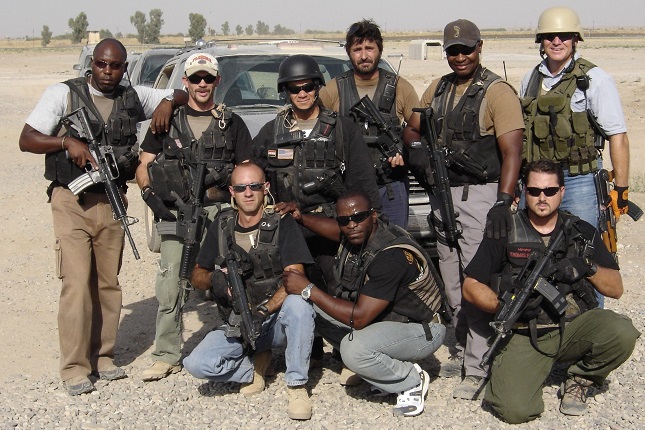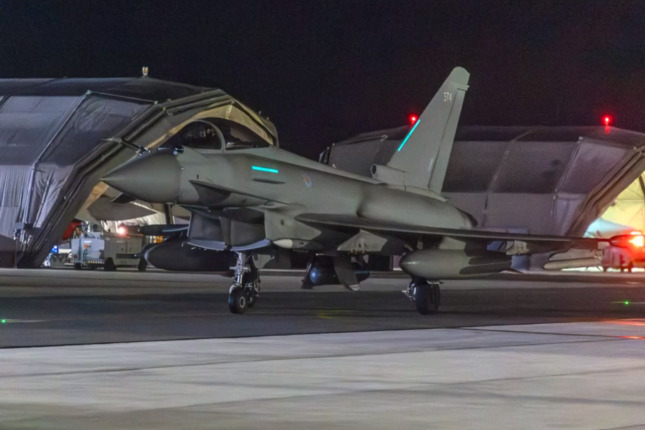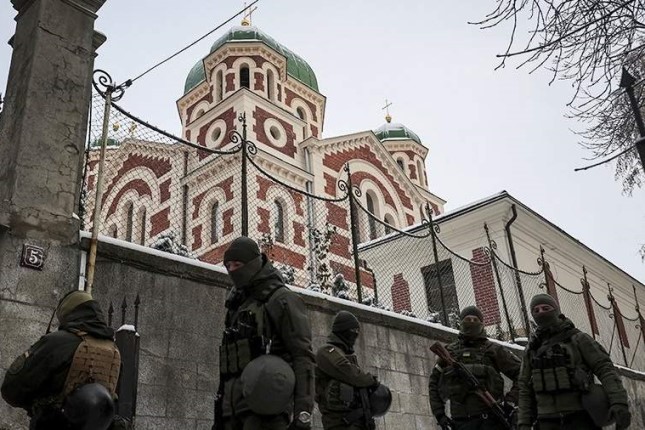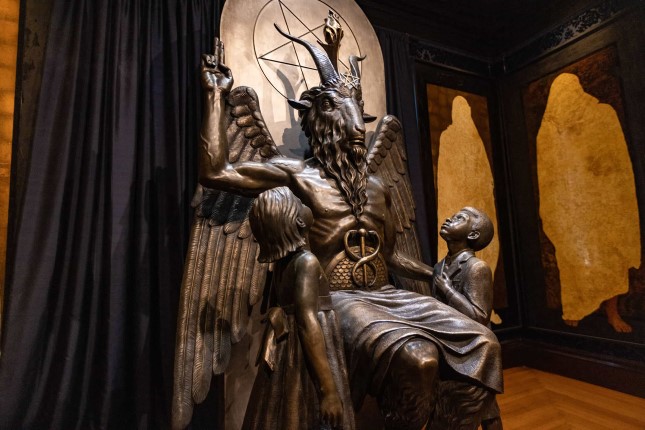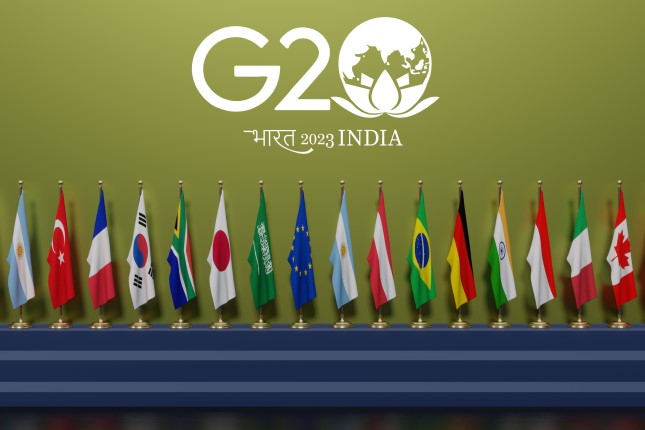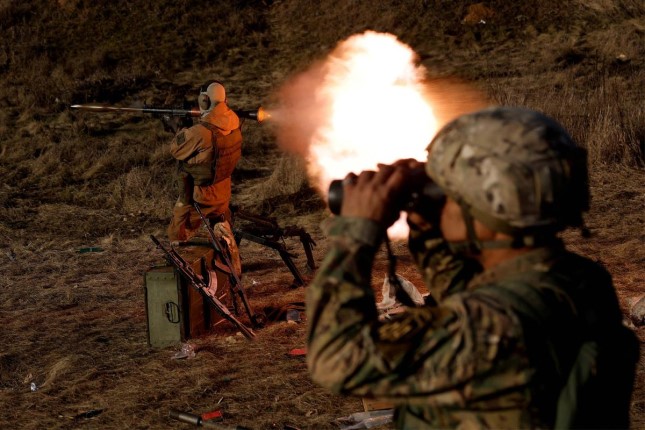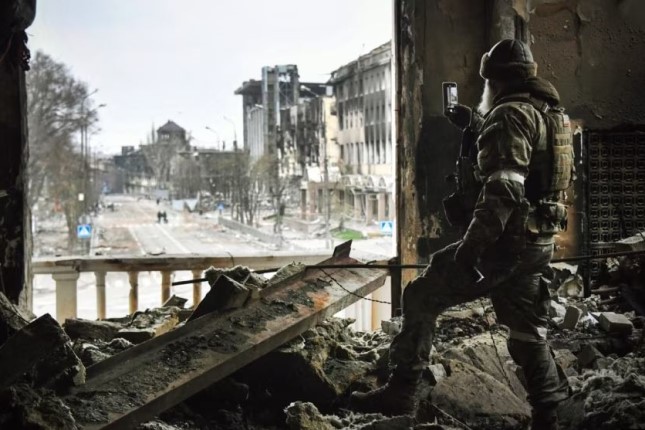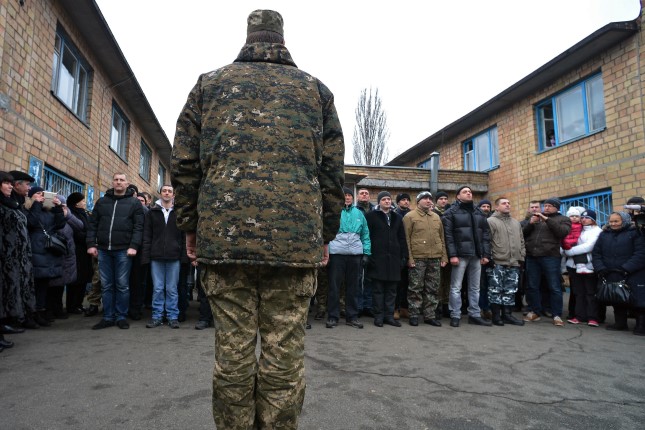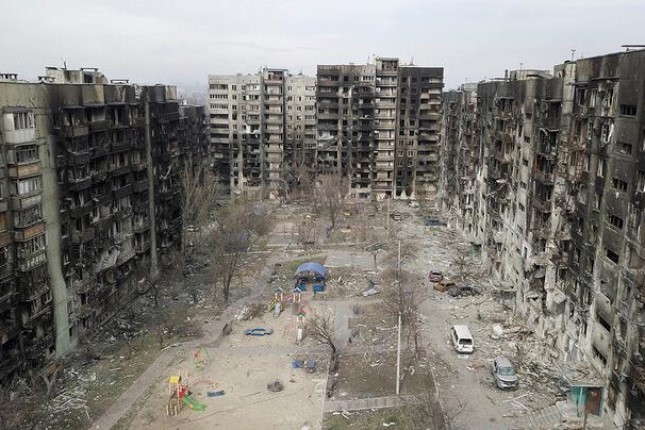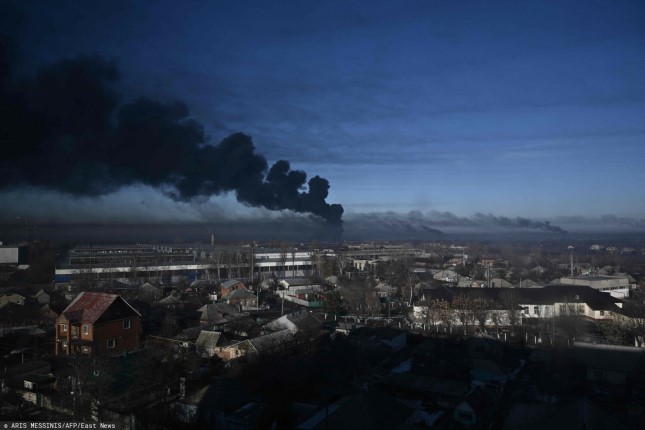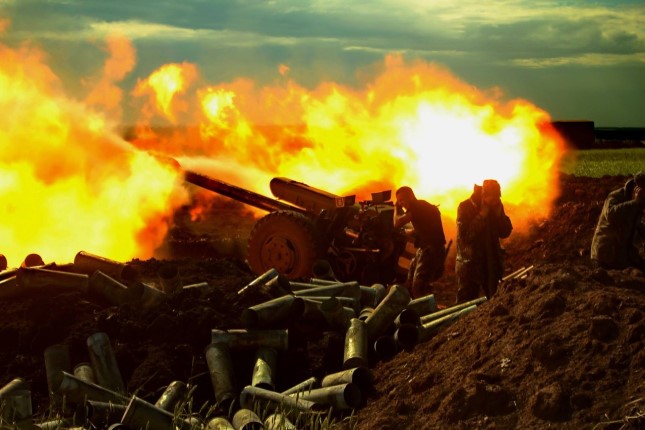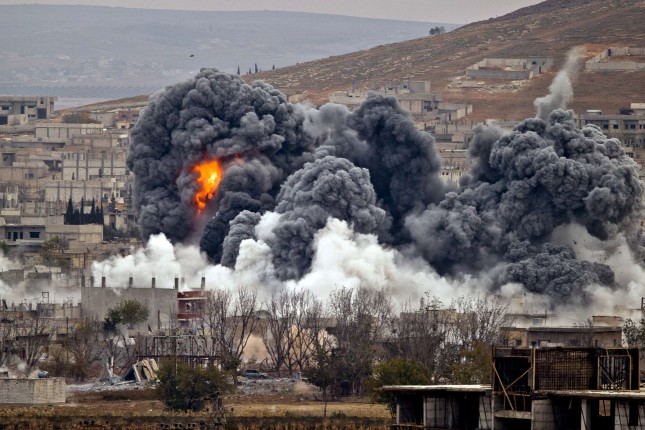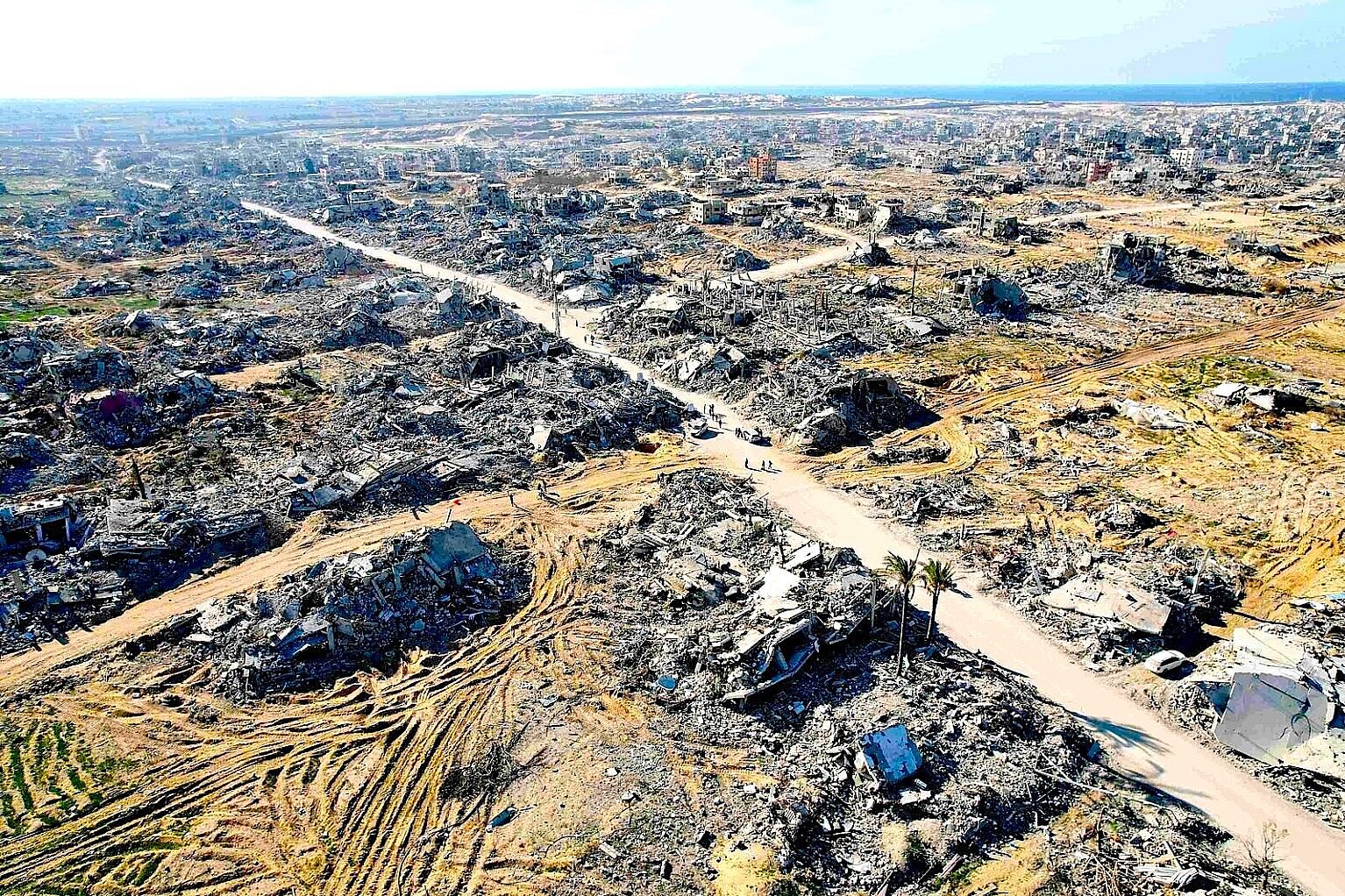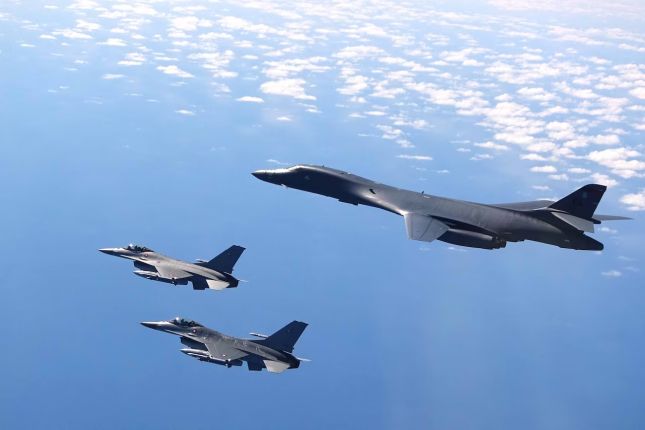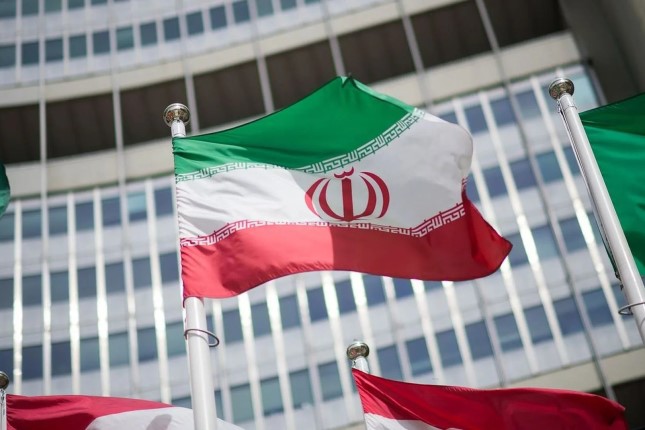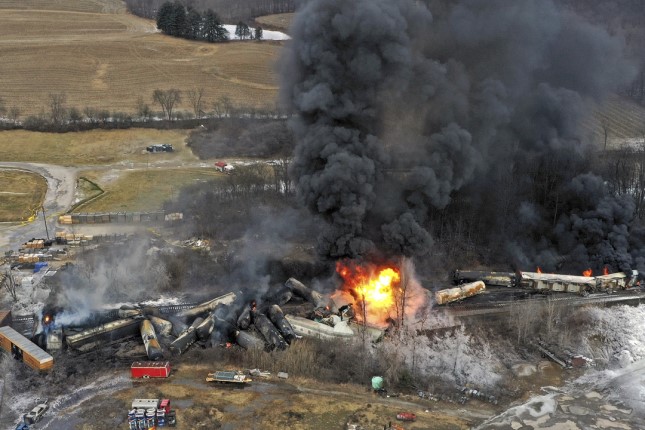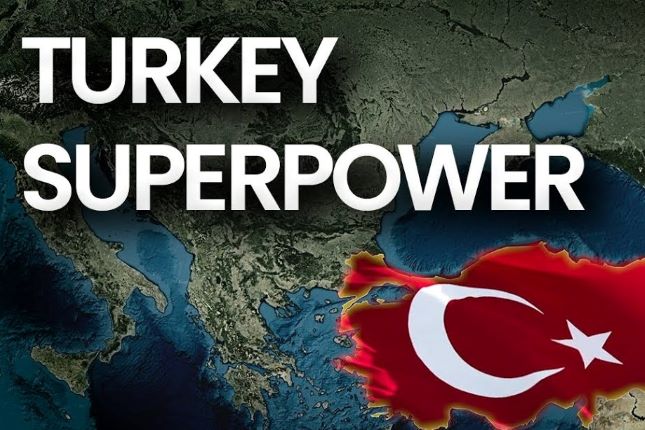The Pentagon is very hard to say no to. Any senator or congressman discussing the military budget will tell you that. No one wants to be regarded as a politician undermining the country's defence capability. The US Defense Department's coffers are immense, and spending is opaque. Attempts to shed light on them usually run up against Top Secret clearance. But when researchers and journalists do manage to get access to financial documents, the sums they reveal are quite staggering, but the spending patterns turn out to be corrupt.
The Watson Institute for International and Public Affairs at Brown University found that USD 108 billion was paid to private military companies by the Pentagon over 20 years of the war in Afghanistan. 14 of those companies received more than USD 43 billion, and one of them earned as much as USD 13.5 billion. Interestingly, the names and beneficiaries of some PMCs are classified. The military often withholds this information and discloses neither the number of people recruited under PMC contracts nor how many of them get injured and killed. It would be no surprise should it turn out that the shareholders of private military companies are the same generals and officials who provide the money to pay for the contracts.
War as a business offers benefits to contractors, specifically large arms manufacturers and PMCs. It is common public opinion in the US that the 20-year war in Afghanistan was lost by the US but won by the arms manufacturers and private military companies. But the secrecy label makes it impossible to verify how much money was wasted. In 2011, for example, the Commission on Wartime Contracting found that 30% of losses were due to corruption and embezzlement.
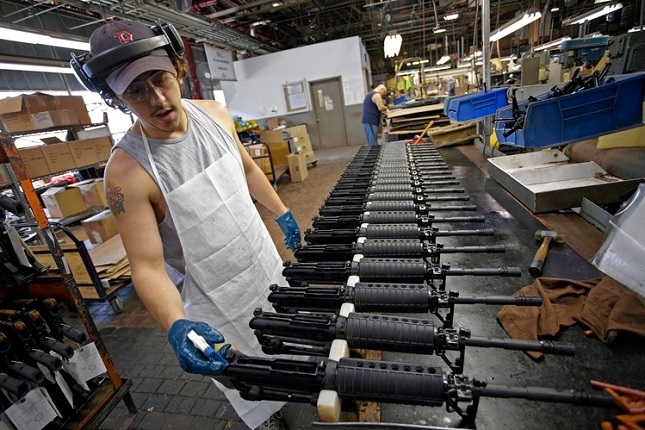
The largest American arms manufacturer Colt Defense LLC. Photo: yenihaber.info
The campaign in Afghanistan alone cost the US budget USD 14 trillion, with private contractors receiving between USD 4 trillion and USD 7 trillion. Since the 9/11 attacks, military spending has risen by 164%.
However, the Pentagon prefers to outsource the war. This allows the US to avoid hard-hitting questions from the voters when recruits come home in zinc coffins, evade spending on veteran care, and circumvent international law restrictions. It is a well-known fact that PMC contractors descend to the dirtiest and most inhumane work, which regular military personnel would not do.
The notorious Blackwater PMC, for example, was engaged in torture, kidnapping and murder in Iraq and other countries. The company had to re-register under the new brand name Academi after its mercenaries fired indiscriminately on a crowd in Baghdad in 2007. In 2014, Academi merged with Triple Canopy, a large private security company, to form Constellis Holdings. It employs tens of thousands of former military and police officers. They have heavy armoured vehicles and combat and transport aircraft and helicopters based on five continents at their disposal. Hardly a country can boast such an army.
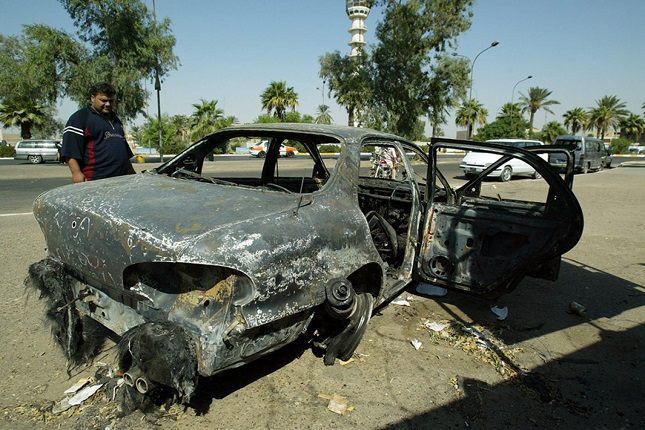
A vehicle that was destroyed in the 2007 Blackwater attack in Baghdad. Photo: AFP.
Unsurprisingly, the outcome of the PMCs deprived the professional Afghan units of the ability and determination to resist the Taliban. Contractors not only provided fire support and intelligence to the local military but also maintained American complex weapons and equipment, such as helicopters and aircraft. This is a common practice, in fact. The US sells or loans its Apaches or C-130s to a country, but in order to use them, the military has to pay American private entities. Sometimes they consult via Skype, but more often, specialists have to go to the permanent stations.
Hundreds of thousands of US troops and about twice as many members of the PMCs went through the Afghan war for 20 years. The highest number of professional US soldiers and officers serving in Afghanistan at any one time was 187,000 in 2008. In the same year, more than 200,000 people served there as part of private military. Gradually, this ratio changed to reach 2,500,000 US troops and 19,000 private contractors in Afghanistan by the end of President Trump's term.
According to US authorities, the US armed forces should be present on all continents in one way or another and make sure to participate in conflicts whenever possible. However, it is becoming more and more challenging to achieve such a scale by manning the Armed Forces exclusively by contract. Military service in the US is becoming less enticing, as the poorest segments of the population, from which soldiers are recruited, would rather enjoy social assistance benefits than go fighting overseas.
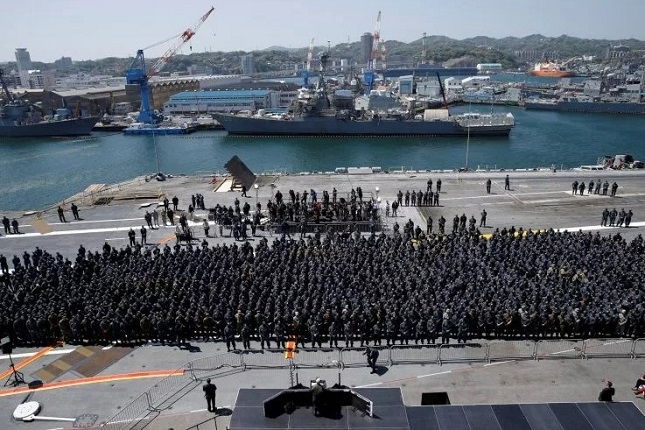
U.S. Vice President Mike Pence delivers a speech to U.S. and Japanese service members, Yokosuka, Japan April 19, 2017. Photo: Reurers / Kim Kyung-Hoon.
No US administration would ever consider reducing the welfare, nor would it want to introduce military conscription. Therefore, the US will become increasingly dependent on PMCs both on the battlefield and behind the lines. However, this will increase the cost of the war and make combat operations less effective. Fighting quickly and effectively is not profitable to anyone. The longer the campaign goes, the more the Pentagon and its contractors earn. Perhaps some generals, officials, and private companies were not particularly interested in ending the Iraq and Afghanistan wars?
Main photo: A mercenary band, somewhere in Africa © johnmilsom.online
